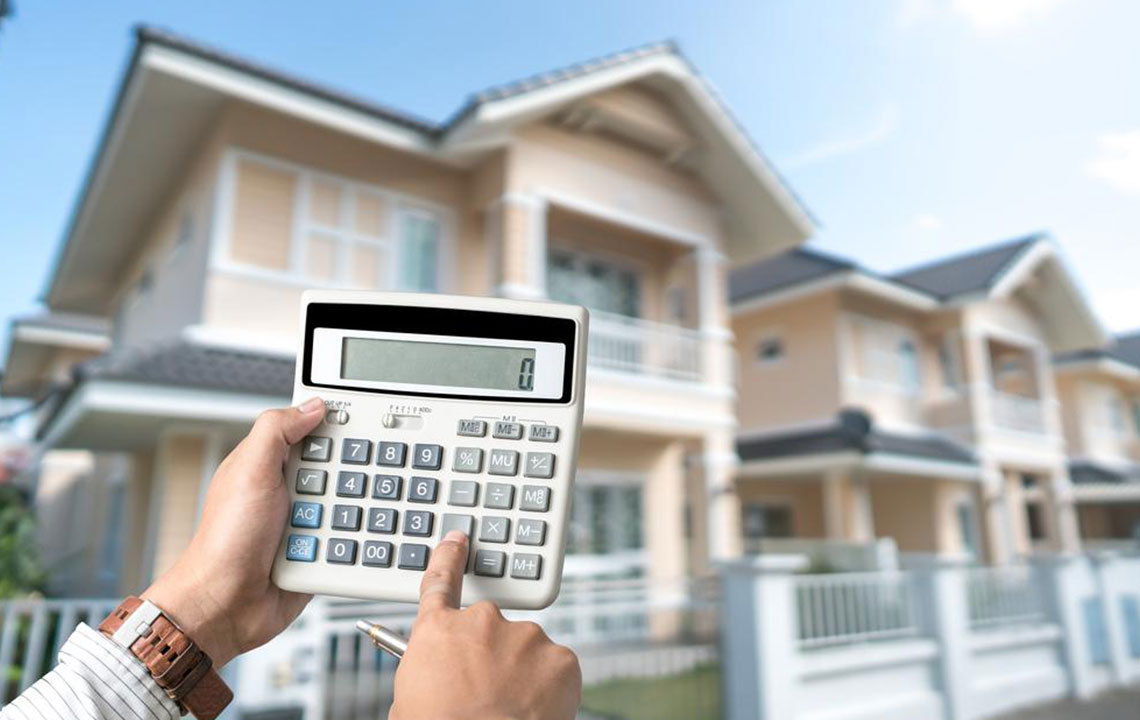Avoid These Common Mistakes When Buying a Home: A Comprehensive Guide
This comprehensive guide highlights critical mistakes to avoid when purchasing a home, emphasizing financial assessment, budgeting, due diligence, and decision-making strategies. It offers practical advice for both first-time buyers and experienced investors to ensure a smooth and successful real estate transaction, helping readers make informed choices and avoid costly errors.

Key Mistakes to Prevent When Purchasing Real Estate
Embarking on the journey to buy your dream home is an exciting milestone, but it requires careful planning and thorough understanding of the process. Purchasing real estate is one of the most significant financial decisions you will make, and approaching it with caution can help you avoid costly mistakes. Whether you are a first-time buyer or experienced investor, recognizing potential pitfalls is essential to ensure a smooth transaction and long-term satisfaction with your purchase.
In this detailed guide, we will explore the most common errors buyers make and provide practical tips to help you navigate the real estate market confidently. From assessing your financial capacity to understanding the importance of due diligence, these insights will prepare you for a successful home-buying experience.
Understanding and Assessing Affordability: Before you start browsing listings or engaging with agents, it’s crucial to evaluate your financial situation comprehensively. Many prospective buyers are enticed by competitive mortgage offers or attractive interest rates but often overlook the full scope of their affordability. Determining how much house you can realistically afford involves more than just the purchase price; you need to consider ongoing costs and your financial stability.
Utilizing online mortgage calculators can provide valuable estimates of what your monthly payments might look like based on your income, existing debts, and available down payment. These tools help set realistic expectations and prevent overstretching your finances. It’s wise to set a budget that allows flexibility for unexpected expenses and future financial goals.
Beyond the mortgage itself, prospective homeowners should account for additional recurring costs associated with homeownership. These expenses include property taxes, homeowners insurance, utility bills, maintenance, repairs, and other miscellaneous costs. Incorporating these into your budget ensures you’re prepared and prevents financial strain down the line.
Planning for Expenses and Budget Management: When purchasing a home, it’s important to look beyond the initial purchase price. The total cost of ownership can significantly impact your financial health. Hidden costs such as property taxes, insurance premiums, and routine maintenance can accumulate rapidly. Budgeting for these expenses from the outset helps maintain financial stability and prevents unpleasant surprises.Creating a detailed budget that encompasses all ongoing costs associated with the property will give you a clearer picture of what you can afford. It’s advisable to set aside an emergency fund for unexpected repairs or repairs that arise over time. Remember, a home is an investment, and proper financial planning ensures it remains a source of security rather than a burden.
Making Informed Decisions: Balance, Adjustments, and Compromises: Buyers often face the dilemma of balancing their current needs with future aspirations. Adjustments refer to minor changes in your preferences that can make a property more affordable or accessible—for example, choosing a slightly smaller home or a different neighborhood. Conversely, compromises involve significant sacrifices that might impact your overall satisfaction and quality of life.For instance, selecting a home that’s too small for your family or located in an area with less desirable amenities might save money initially but could cause inconveniences or dissatisfaction later. It’s essential to evaluate what trade-offs are acceptable and to prioritize your must-haves versus nice-to-haves.
Additionally, consider engaging a reputable real estate agent who understands market trends and can guide you through negotiations effectively. Conducting thorough inspections and due diligence before making an offer is crucial to uncover potential issues with the property. Visiting multiple properties and understanding market conditions helps you act swiftly when the right opportunity arises, especially in competitive markets where prices may rise quickly.
Patience and comprehensive planning are fundamental to making a wise purchase. Avoid rushing into decisions and take adequate time to compare options, analyze financial implications, and envision your future life in the home. The goal is to secure a property that aligns with your financial capacity and future plans while avoiding common pitfalls that could lead to regret or financial hardship.
In summary, successful home buying hinges on careful financial assessment, thorough due diligence, and balancing immediate needs with long-term goals. By avoiding these key mistakes—overestimating affordability, neglecting ongoing costs, rushing decisions, or sacrificing essential preferences—you can make informed choices that lead to a satisfying and financially sound homeownership experience.





